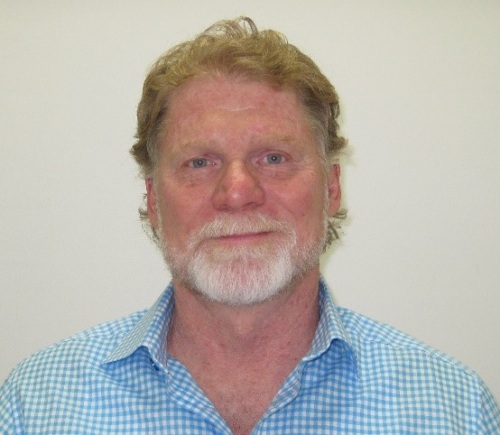
In the News
PHI’s Kevin Barnett Discusses Nonprofit Hospital Standards and Improving Health Disparities
- U.S. News & World Report

“Montana is poised to become the latest state to increase scrutiny of how its nonprofit hospitals deliver community benefits in exchange for their tax-exempt status.
Under proposed rules, the Montana Department of Public Health and Human Services plans to collect data on nonprofit hospitals’ charitable acts, such as discounting prices, providing health education, or conducting free screenings. Montana officials expect to adopt the new rules in August, but state officials have yet to set standards for exactly what constitutes acceptable giving or how much hospitals must do.
The proposal comes some four years after a state audit found shortcomings in the health department’s oversight. The rules largely mirror federal requirements that national health policy analysts said have yet to lead to any meaningful enforcement.

What is being proposed in Montana doesn’t really move the needle. It kicks the can down the road to say ‘we’ll consider this another day.’Kevin Barnett, DrPH, MCP
Program Director, Center to Advance Community Health & Equity (CACHE), Public Health Institute
“What is being proposed in Montana doesn’t really move the needle,” said Kevin Barnett, a researcher with the California-based nonprofit Public Health Institute who has studied hospital community benefits for decades. “It kicks the can down the road to say ‘we’ll consider this another day.’”
State officials would now be paying more attention, he said, but the impact depends on what they do with the information.
Montana’s plan is part of a national trend by states to try to cover federal enforcement gaps. The state would join at least 10 others that require nonprofit hospitals to create a broad community benefit plan and 25 states that mandate the facilities publicly share their financial assistance policies, according to The Hilltop Institute, a think tank at the University of Maryland-Baltimore County.
Policymakers have focused on nonprofit hospitals as a growing number of people in the U.S. struggle to afford medical care and, altogether, owe at least $220 billion in medical debt. The debt disproportionately affects people in poverty and Black people, according to data analyzed by KFF, a health information nonprofit that includes KFF Health News.
California also has implemented a combination of standards. In recent years, the state expanded reporting requirements, mandating that nonprofit hospitals explain the math behind their community benefits tally and detail how they’re serving vulnerable populations such as people who are homeless. The state also mandated that hospitals offer discounted care to uninsured patients or some people with costly medical bills.
Even in states like California, it can be hard to see how those policies affect patients who struggle to access care, said Barnett of the Public Health Institute. He said he’d like to see states require hospitals to reduce health disparities with specific outcomes, such as lowering preventable emergency room visits by people from especially poor neighborhoods.”
Click on the link below to read the full article. This article was also published in U.S. News & World Report.
Originally published by KFF Health News
More Updates
Work With Us
You change the world. We do the rest. Explore fiscal sponsorship at PHI.
Support Us
Together, we can accelerate our response to public health’s most critical issues.
Find Employment
Begin your career at the Public Health Institute.



